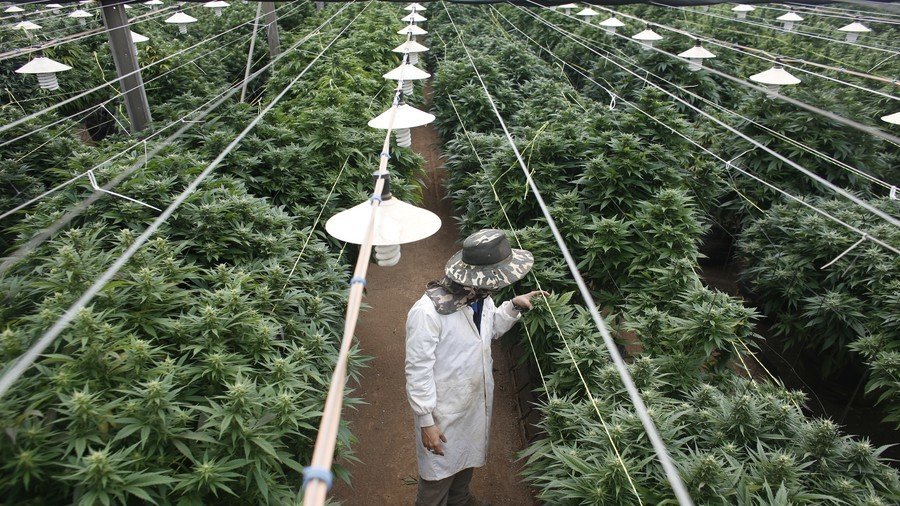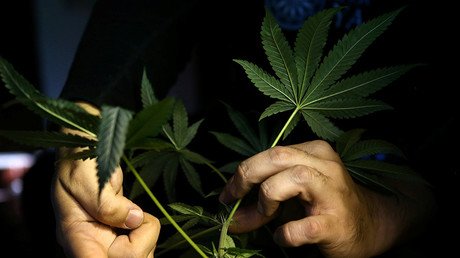Medical marijuana compound non-addictive, should not be scheduled drug - WHO

A non-psychoactive compound found in medical marijuana has tentatively been given the green light for use in therapeutic treatments in a review by the World Health Organisation (WHO).
The WHO, which offers guidance to UN member states, said recent evidence suggests cannabidiol (CBD) provides potential relief for some illnesses. Marijuana as a viable treatment for pain relief and serious conditions such as epilepsy, Alzheimer's and Parkinson’s disease is a continuing topic for debate.
The cannabis plant is currently classed as a schedule 1 drug, a substance deemed to have a high potential for abuse, in the UN Single Convention on Narcotic Drugs 1961.
But in a report on Wednesday, the WHO stated that CBD, one of 113 cannabinoids found in the marijuana plant, carries no health risk and “is not likely to be abused.”
CBD does not provide a ‘high’ like Tetrahydrocannabinol (THC), which is found in recreational cannabis. The WHO therefore suggest that CBD is also unlikely to create dependence and should not be a scheduled drug for government regulation.
“Recent evidence from animal and human studies shows that its use could have some therapeutic value for seizures due to epilepsy and related conditions,” the report stated.
“Current evidence also shows that cannabidiol is not likely to be abused or create dependence as for other cannabinoids (such as Tetra Hydro Cannabinol, for instance).”
A fuller review of CBD information is due to take place in May 2018.
The Expert Committee on Drug Dependence review also recommended that carfentanil, an opioid said to be 10,000 times stronger than morphine, be included into Schedules I and IV of the UN convention on drugs.
READ MORE: Epileptic girl sues Sessions to legalize medical marijuana nationwide
The drug has been used by veterinary professionals to tranquilize animals like elephants. However, the WHO report cases where the opioid is being mixed with heroin or used as a substitute.
“Carfentanil can produce lethal effects at extremely small doses equivalent to a few granules of salt, and has potential use as a chemical weapon. It can thus be highly toxic and has been associated with hundreds of deaths and intoxications, notably in North America,” the WHO report added.















